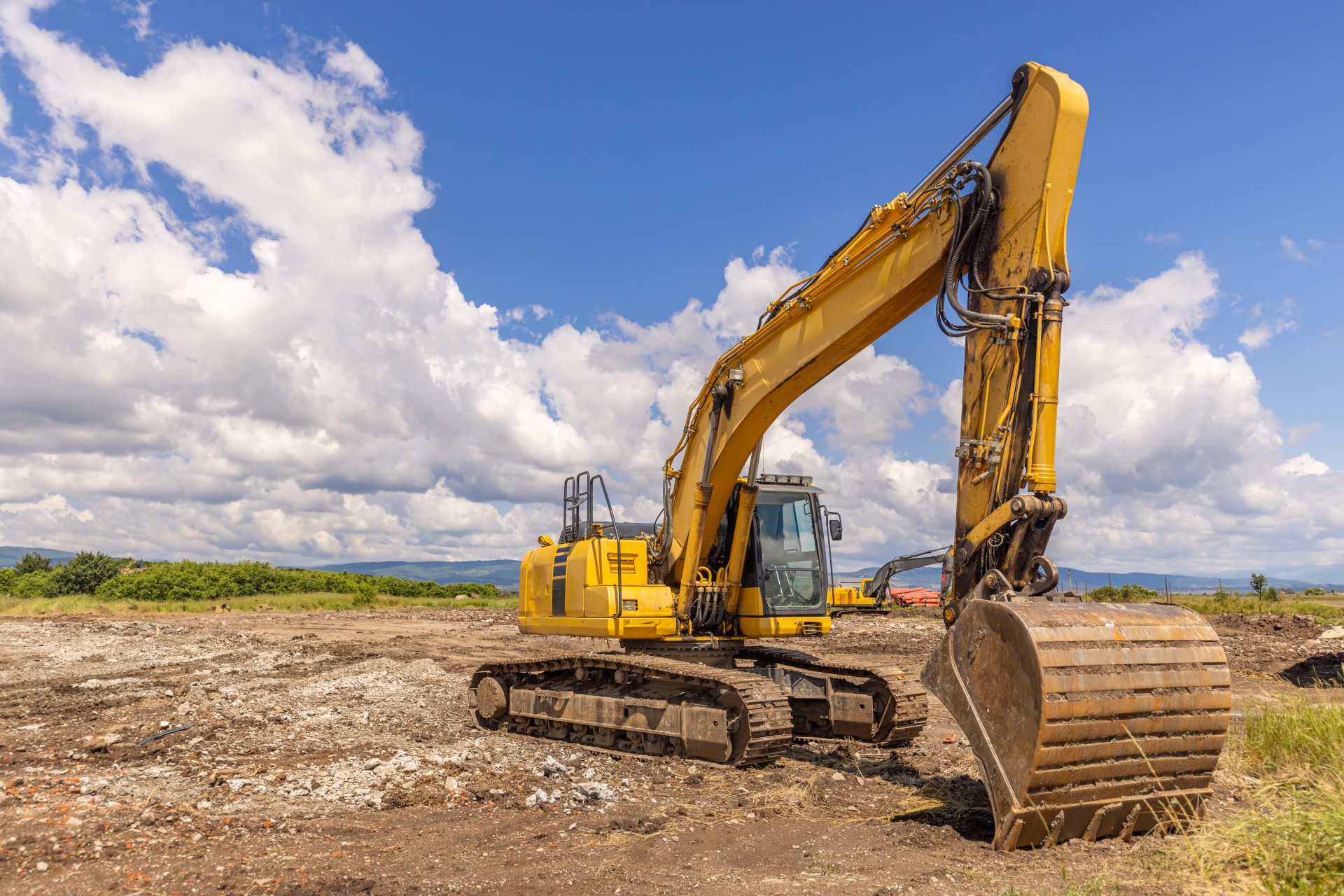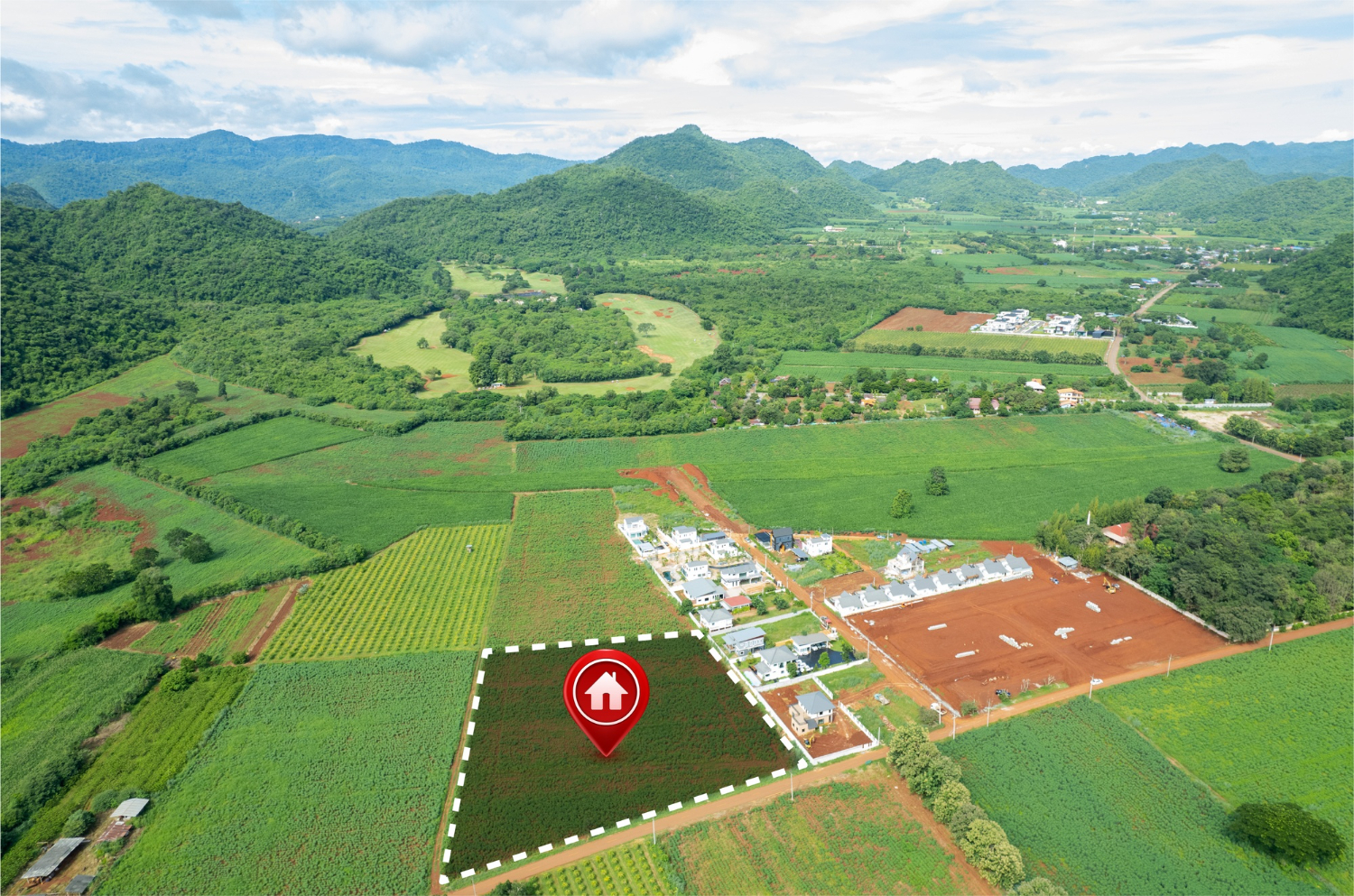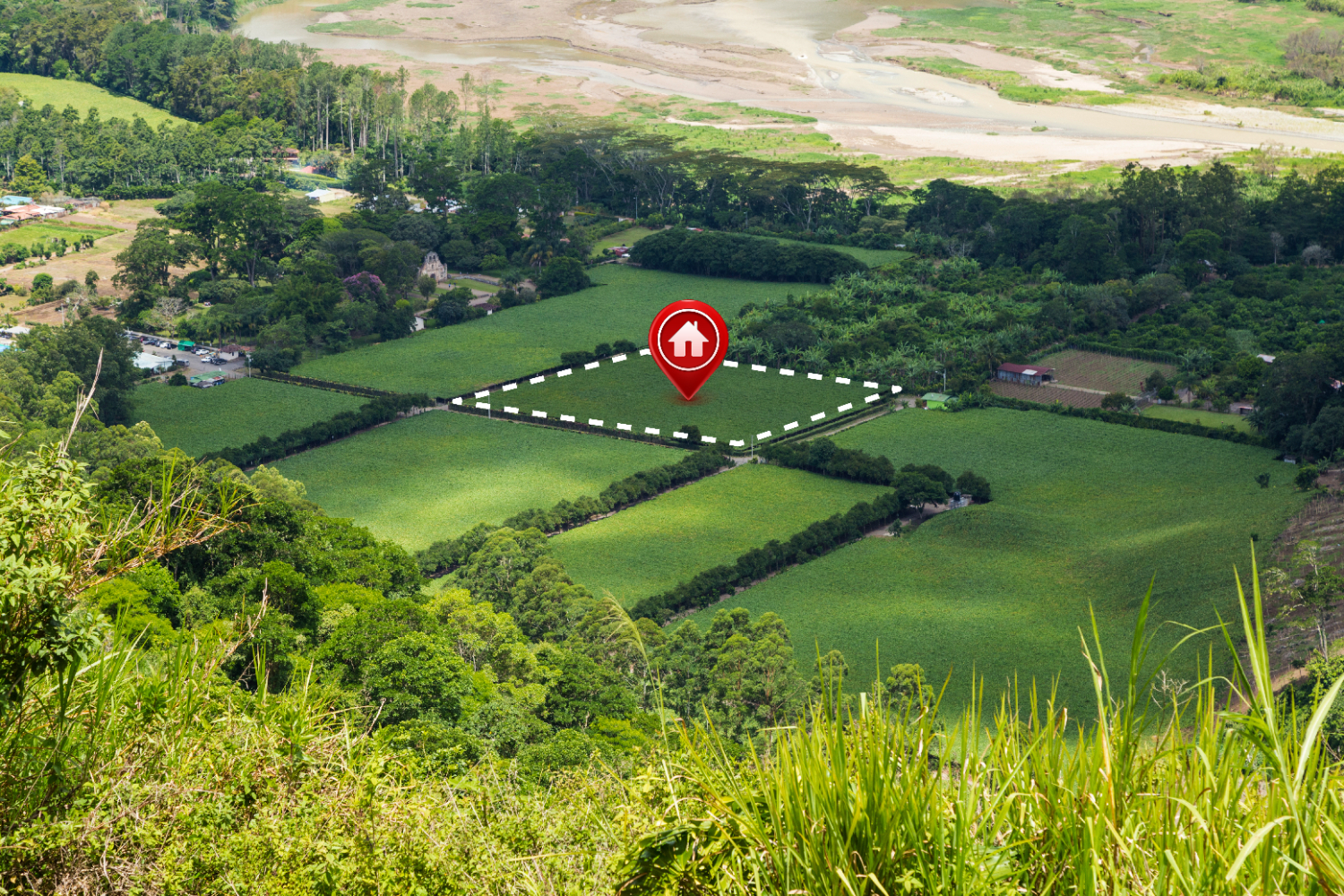Navigating the complexities of land valuation can be daunting for landowners aiming to sell their property. Understanding how to appraise the value of land accurately is not just about realizing its financial worth but also about harnessing this knowledge to attract the right buyers and secure the best possible deal.
Whether you’re new to land sales or seeking to refine your approach, mastering the art of land valuation is essential. Each piece of land, with its unique characteristics and potential uses, demands a tailored strategy to determine its true value in the current market.
From improving accessibility to securing necessary zoning approvals, these strategic moves can significantly increase your land’s appeal and market price. Join us as we guide you through these essential techniques, helping you to unlock the true potential of your property and achieve a successful sale.
Understanding the Basics of Land Valuation
When we begin the journey of selling land, comprehending the vital aspects of land valuation forms the foundation of our strategy. Several factors influence the value of a parcel, each integral in determining its market potential. At the core, location, size, accessibility, and zoning permissions play pivotal roles.
However, the utility availability—such as water, electricity, and sewer systems—can significantly enhance or detract from its overall worth. It is also crucial to consider the topography of the land; flat and clear parcels typically fetch higher prices than those that are rocky, sloped, or heavily wooded, owing to the lower costs associated with development.
Further, there are common misconceptions about land valuation that can skew one’s expectations. Many landowners believe that land automatically appreciates over time. While generally true, this doesn’t take into account external economic factors that may lead to short-term decreases in land value.
Another misconception is that all improvements will increase a property’s worth. In reality, certain enhancements may not always be beneficial; understanding specific market demands is essential in determining which improvements contribute positively to the land’s valuation.
Key Methods for Appraising Land
To accurately appraise land, we utilize several trusted methodologies, each tailored to the specific characteristics of the property in question. A primary technique is Comparative Market Analysis (CMA). This method involves comparing the land to similar properties that have recently sold in the area, adjusted for differences like size and features. By analyzing these comparatives, we can derive a fair market value that reflects current selling prices in the local landscape.
For investment lands, such as those generating rental income from agricultural, commercial, or residential use, the Income Approach is most applicable. This method focuses on the potential revenue streams the land can produce, factoring in the net operating income it generates, and applying a capitalization rate to arrive at the property’s value. This rate reflects the investor’s expected rate of return, based on the risk and the return rates of similar investment opportunities in the market.
Lastly, the Cost Approach is applied primarily to unique properties where no comparable models exist, such as specialized industrial lands or non-commercial farmland. This valuation method is based on the cost to replicate the property plus the land value, subtracting any depreciation. This approach ensures that properties that are unique in nature are valued on their replacement cost rather than comparatives that might not capture their specific value.
By leveraging these diverse and rigorously analytical methods, we ensure that every aspect of a property’s inherent and potential value is meticulously considered, thereby enabling landowners to come to the market informed and prepared to realize the best possible sale outcome.
The Role of Location and Market Trends in Valuing Land
Understanding how location affects land value is crucial. Prime locations that are near urban centers, or are in the path of future development, typically command higher prices due to their potential for commercial or residential building.
On the other hand, properties located in more remote or less developed areas might not see as much demand but could appeal to specific niches like agriculture or recreation, depending on access to resources and infrastructure. Furthermore, the proximity to amenities such as transportation corridors, schools, and shopping centers can also significantly boost land value.
In addition to location, keeping a pulse on market trends is vital for accurate land valuation. By analyzing these trends, we gain insights into which types of properties are in demand, the economic forces driving the market, and potential future changes. This analysis involves reviewing historical price data, current market conditions, and future projections which include zoning laws changes or large-scale regional developments.
By staying informed, we better equip ourselves to predict shifts in valuation and adjust strategies accordingly.
Practical Tips for Landowners to Increase Land Value Before Selling
Enhancing accessibility and usability is one approach that invariably impacts land value positively. Simple steps like clearing pathways, marking boundaries clearly, or even minor infrastructural enhancements such as installing gates or signs, can make a significant difference. These improvements not only make the land more usable but also more appealing to potential buyers who can immediately envision its potential.
Moreover, obtaining necessary zoning approvals and clearances is another strategic move to enhance land appeal, and ultimately, its market value. Ensuring that your land complies with local zoning laws and obtaining the necessary permits for development can vastly broaden the spectrum of potential buyers.
Whether it’s rezoning the land for different uses or securing preliminary building approvals, these legal assurances provide potential buyers with a clearer vision of the land’s potential, making it a more attractive investment.
The Art of Land Appraisal: Essential Techniques for Accurate Valuation
Our commitment to offering top-tier service and expert advice in land valuation ensures that each client not only understands the worth of their property but also knows how to enhance its value effectively.
By addressing factors like proper land staging, appraisal methods, location benefits, and market trends, our goal is to provide you with the knowledge and tools necessary for successful land sale. We strive to optimize your outcomes by focusing on strategic improvements and leveraging our in-depth market analysis.
If you are looking to maximize your land’s value and navigate the complexities of the real estate market with ease, connect with us at 7Land Corp. Here, we combine expertise with care to transform your land selling experience into one that is profitable, smooth, and informed. Sell your land with us!




